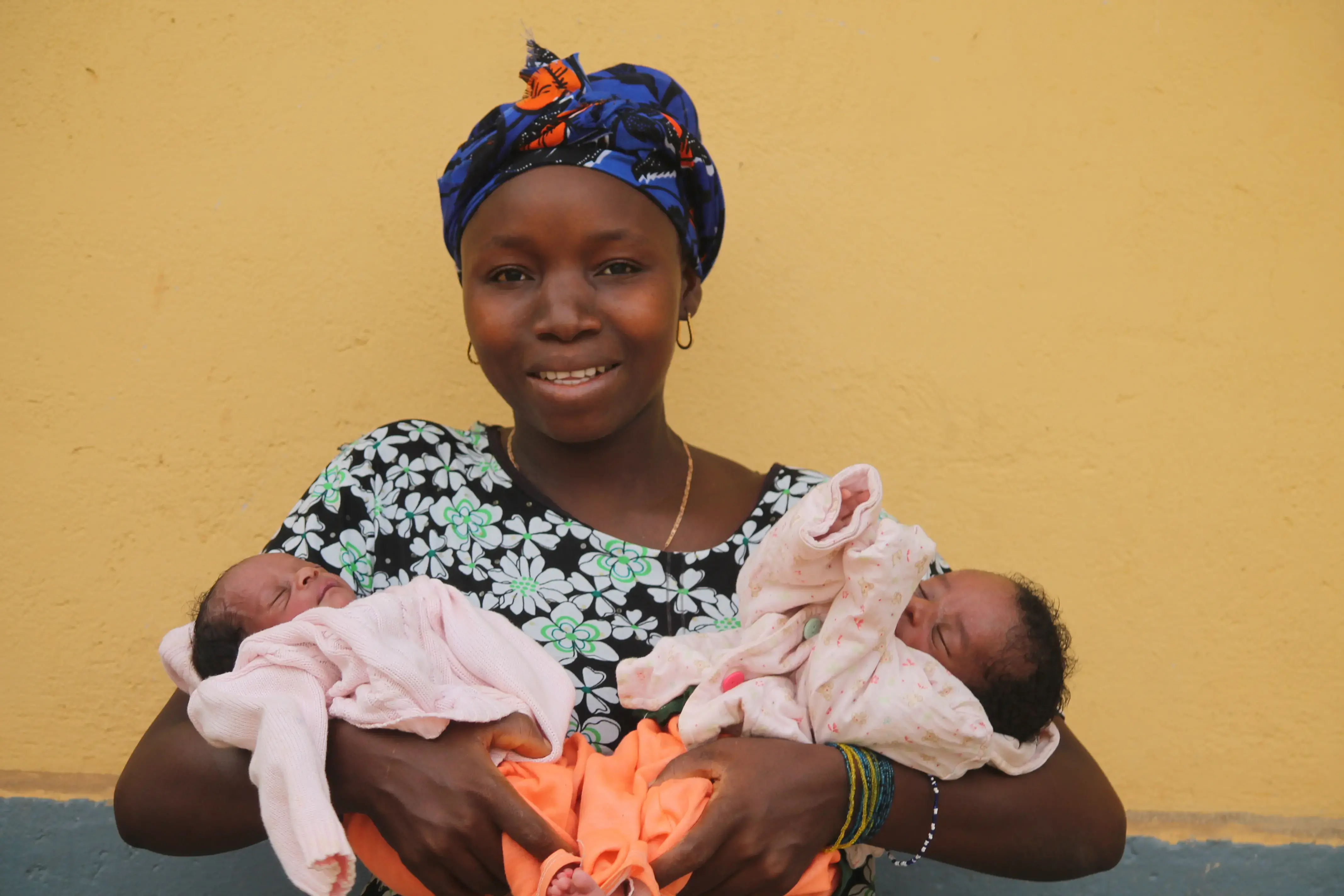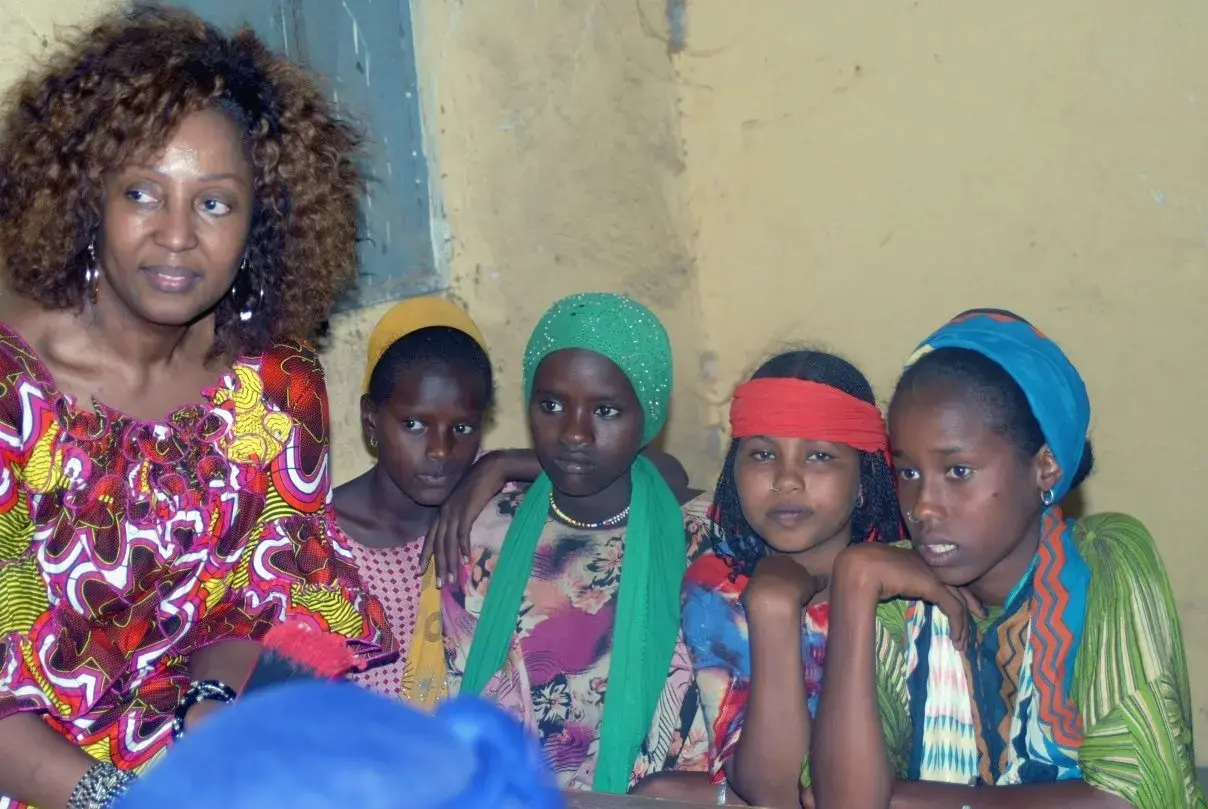PRESS RELEASE
NEW YORK, 13 June 2022 – Announced in a virtual ceremony today, the 2022 United Nations Population Award individual laureate is Member of Parliament of the Republic of Namibia, the Honourable Emma Theofelus. Ms. Theofelus is the current Deputy Minister of Information in Namibia and the youngest-ever winner of the award.
The institution laureate is the National Population and Family Planning Board (BKKBN) from the Republic of Indonesia, a non-ministerial government agency that formulates national policies, implements family planning initiatives and mentors experts in the field of population dynamics.
Ms. Theofelus received the individual award for her work advocating for women’s empowerment and adolescent sexual and reproductive health in Namibia. Born in 1996, she is one of Africa's youngest cabinet ministers, and has used her youth-friendly perspective, and her experience as an advocate for sexual and reproductive health, to directly address the country’s adolescents.
As a deputy minister, she led the country’s public communication campaign on COVID-19 preventions in Namibia, and as a Member of Parliament, her motion enabled feminine hygiene products to be identified as a tax-free commodity. Prior to her appointment, Ms. Theofelus was a member of the Namibia chapter of AfriYAN, a regional youth-led organisation, where she led pioneering efforts to fight teen pregnancy and protect young people’s sexual and reproductive health.
In the institution category, BKKBN has been recognized as a shining example of successful, innovative and rights-based family planning initiatives in the Republic of Indonesia, which continued even during the COVID-19 pandemic. Amongst its many achievements, it has trained population experts, engaged with non-governmental and faith-based organisations on population issues, and developed programmes to assist families caring for older persons. It also played a leading role in advocating against harmful practices, helping to raise the minimum age for marriage for girls from 16 to 19 in 2019.
The UN Population Award has honoured individuals and institutions for their outstanding contributions to population, development and reproductive health since 1983. The committee for the award in 2022 is chaired by Her Excellency Ms. Amal Mudallali, Permanent Representative of Lebanon to the United Nations, and is composed of representatives of nine other UN Member States. The United Nations Department for Economic and Social Affairs represents the UN Secretary-General in the committee, and UNFPA serves as its secretariat.
For more information, please contact:
Zina Alam: Tel: +1 929 378 9431; zialam@unfpa.org
About the UN Population Award
Each year, the Committee for the United Nations Population Award honours an individual and/or institution in recognition of outstanding contributions to population and reproductive health issues and solutions. The Award was established by the General Assembly in 1981, in resolution 36/201, and was first presented in 1983. It consists of a gold medal, a diploma and a monetary prize. The Committee for the United Nations Population Award is composed of 10 UN Member States, with United Nations Secretary-General and UNFPA Executive Director serving as ex-officio members. Nominations for the award are accepted through 31 December of each year. UNFPA serves as its secretariat.
About UNFPA
UNFPA is the United Nations sexual and reproductive health agency. UNFPA's mission is to deliver a world where every pregnancy is wanted, every childbirth is safe and every young person's potential is fulfilled. UNFPA calls for the realization of reproductive rights for all and supports access to a wide range of sexual and reproductive health services, including voluntary family planning, quality maternal health care and comprehensive sexuality education.




